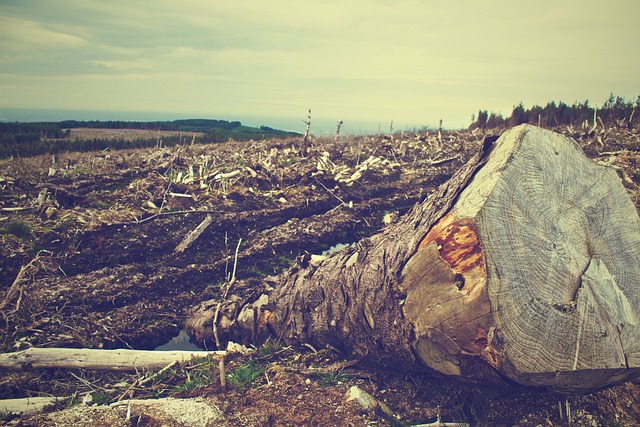
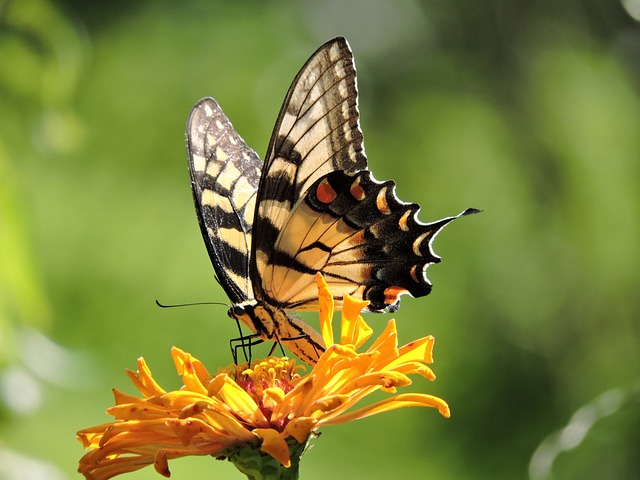
Before we look at solutions, let’s run though the problems facing the natural world.
This BBC article is a good summary – BBC: Biodiversity: Why the nature crisis matters, in five graphics https://www.bbc.co.uk/news/science-environment-54357899
We are living through our planet’s sixth mass extinction event. We’ve lost 69% of animals since 1970.
RSPB’s 2019 State of Nature Report warned that we have continued to allow nature to decline in the UK in the last decade, with 1 in 7 species facing extinction, and things continue to get worse year on year.
Flying insect numbers have plunged by 60% in less than 20 years.
Overall 41% of UK Species have declined. https://www.nhm.ac.uk/discover/news/2019/october/the-state-of-nature-41-percent-of-the-uks-species-have-declined.html
Why has this happened? Since the industrial revolution we in the UK have been cutting down trees and hedgerows, intensifying food growing by using artificial fertilisers along with widespread use of pesticides and fungicides. And we’ve been dividing up the countryside with big new roads. Even in our gardens we are encouraged to use pesticides, weedkillers, to build impenetrable fences, and keep our gardens far too neat for wildlife. All this despite the UK having some of the best wildlife experts. This isn’t just happening in the UK though. There is a worldwide nature crisis.
What are the solutions to the Nature Crisis
Take some actions individually or with friends:
- If you have a garden, don’t use pesticides.
- Leave patches of land to go wild and let flowers grow.
- Work with your neighbours to create Hedgehog highways
BUT that’s not nearly enough on its own. We need huge, nationwide changes. We need government to:
- Give clear support to farmers and landowners so that they can look after the land for us
- Stop all routine use of pesticides and weed killers in our parks and gardens.
- Start to help nature recover, by making more insect-friendly habitats in our gardens, towns, cities and countryside.
Encourage nature supporting farming methods: One solution is regenerative farming, which will help reduce dependence on pesticides, weedkillers and fungicides, which are all damaging wildlife populations and degrading soil. We can have food security whilst also protecting nature. The methods already exist. See also the Nature Friendly Farming Network https://www.nffn.org.uk
Drastically reduce the amount of pesticides used in gardens and farms: https://www.rspb.org.uk/whats-happening/news/pesticides-and-wildlife-report
Have more areas for wildlife, such as nature reserves and spaces given to rewilding: These increase biodiversity and draw down carbon. “If there is more wildlife and wildness around, then our experiences in nature will only be richer and more meaningful” https://www.rewildingbritain.org.uk/why-rewild/benefits-of-rewilding/reconnecting-with-nature
Prevent water companies from dumping sewage in rivers: https://theriverstrust.org/key-issues/sewage-in-rivers
Question whether we should have intensive chicken industrial units which use huge amounts of soya as feed, which use antibiotics routinely with the risk to human health of antibiotic resistant bacteria, and which produce large amounts of effluent which often ends up polluting rivers. Is this practice also inhumane? https://www.soilassociation.org/causes-campaigns/peak-poultry/
Bring people closer to the food that we eat, by having local farms producing local food and encouraging the local community to be involved in producing food. https://communitysupportedagriculture.org.uk/
Have greater respect for the natural world: Should we give rights to all living beings? Would giving rights to rivers protect the wildlife depending on them? In this Podcast, Rob Hopkins interviews guests about giving rights to the natural world (why is it only people and organisations that have rights?) https://podcasts.apple.com/gb/podcast/83-what-if-we-gave-nature-rights/id1538281063
Reduce the amount of meat and dairy to increase biodiversity and cut methane emissions and other greenhouse gases. Grass fed meat and dairy is obviously better for the animals and our health, but still has high greenhouse gas emissions. https://www.sciencemuseumgroup.org.uk/blog/how-a-global-plant-based-diet-could-curb-greenhouse-emissions/
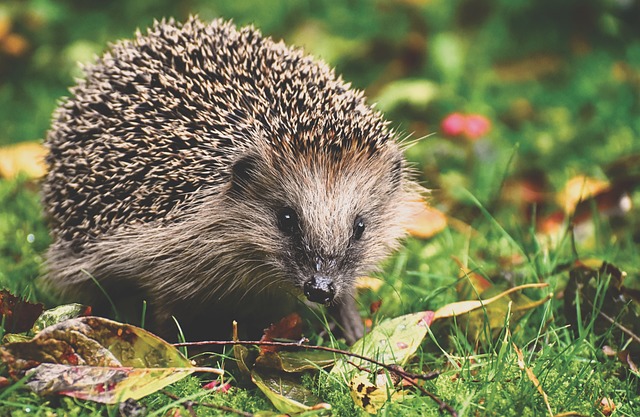
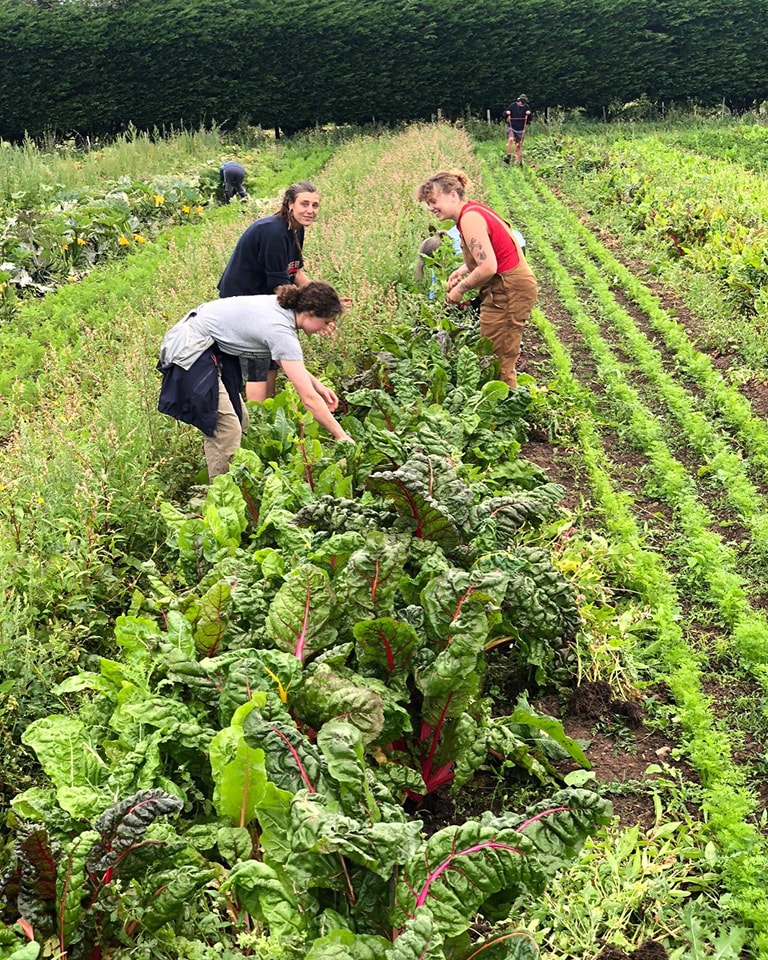
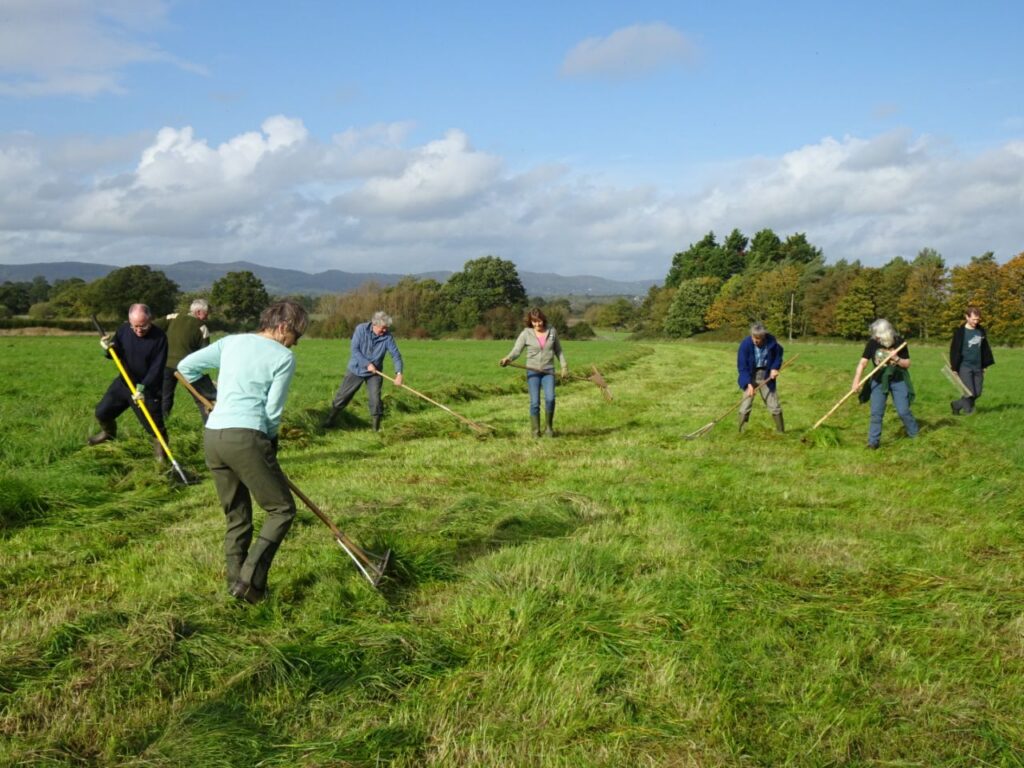
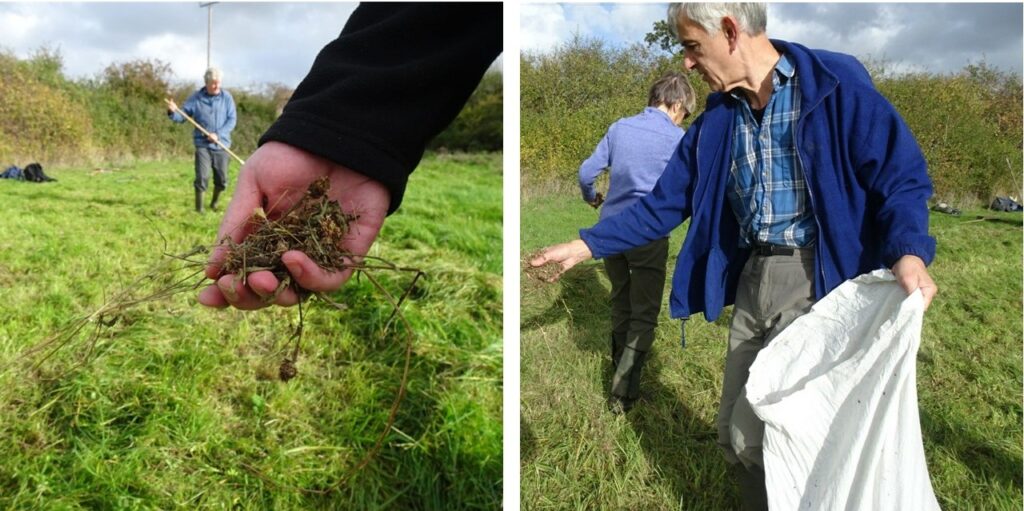
Photo credits for this webpage: Woodland clear-felled: DaveMeier; Swallowtail butterfly: Susan Killian; Hedgehog: Alexa; Growing organically: Fold Community Farm; Wildflower seed sowing: Iszi Jones.
